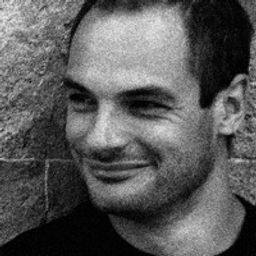10.00 Rethinking Digital Heritage Expertise: Open-Data and Digital Heritage FOSS (Free and Open Source Software) for Cultural Heritage
Mon statut pour la session
This paper will investigate different aspects of emerging issues related to the management of cultural heritage data with special reference to two research projects underway in the Northern Italy area. The methodological and operational references for this work are, first of all, milestone documents form the European Commission like European Landscape Convention, underlining the Social dimension of Cultural Landscape, considered at the same time construct and product of contemporary societies, in a circular process in which citizens perceive, (re) construct and basically influence with their narratives, the stratification and sharing of intangible cultural heritage. Inside this framework the role of expert knowledge has to deal with a growing social demand for inclusion of inhabitants within the processes of heritage conservation management, and knowledge making.
The attention to digital cultural heritage is not only focused on a quantitative translation of analogical sources into digital (texts, pictures, data set, audios, videos, etc.), but particularly—answering to increasing requests for participation and open access to digital sources—on actions that will extend the Free Open Source Software (FOSS) and Open Data use and the awareness for innovative and qualitative approach in cultural heritage data mining. It is, then, to recognize how the evolution of cultural heritage is constructed on a micro, meso and macro scale.
The contribution of this paper will aim to test case studies at a micro and meso-scale, and evaluate the effects and impacts on a large scale investigating different approaches for protecting and spreading heritage and cultural landscapes, with particular attention both to its tangible and intangible components driven by data management and through the reading of interplay between expert knowledge approach and new actors becoming local heritage knowledge producers, communicators and sharer.
The direct and active participation of citizens will be enriched by a clever and specific use of Heritage Information (HI) tools. It is necessary to assess the impact of the growth of open sources data sets and to promote specific local policy to reduce the digital divide in particular segments of the population. This means also to experiment web-based ICT methodologies that can improve the qualitative analysis of hidden and embedded cultural heritage, increasing the connection between people and cultural landscapes, and taking into account heritage related use and behaviour.
